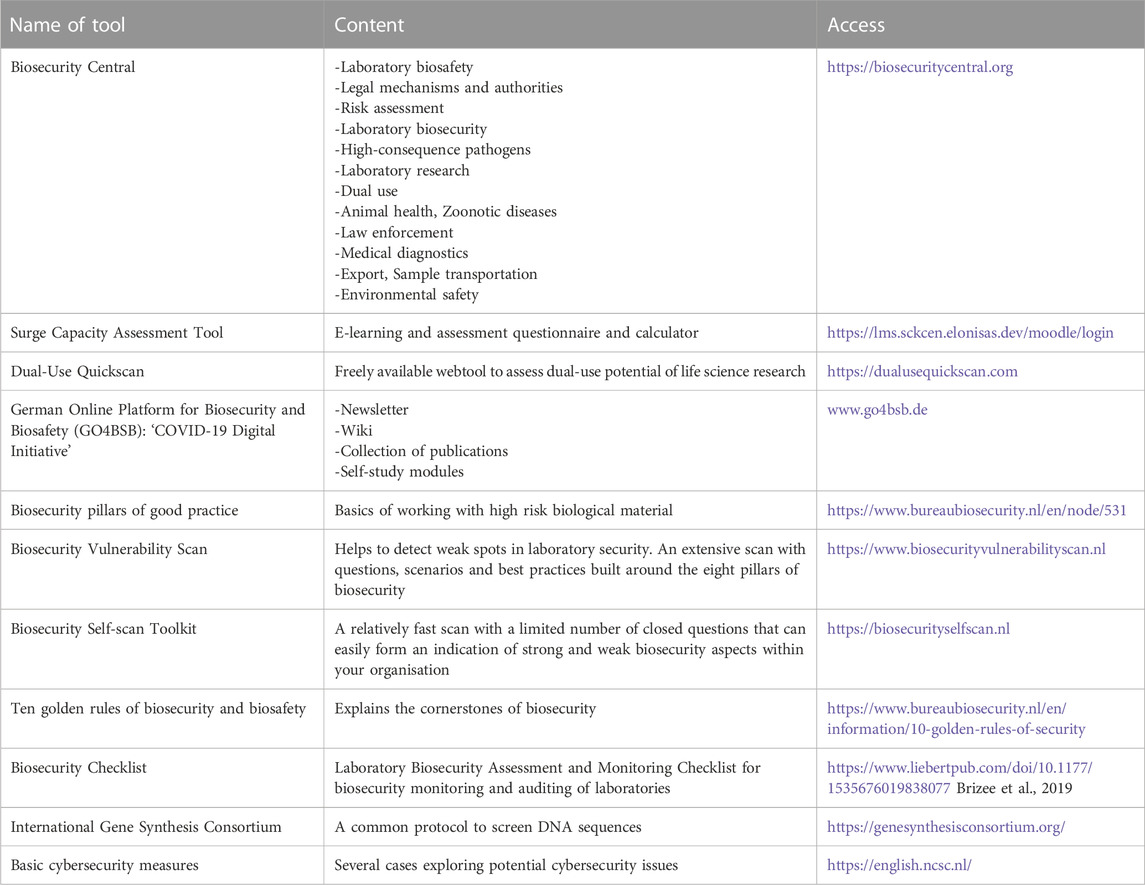The BIOSECURE Act: Assessing Its Impact on Biotechnology Partnerships with Chinese Firms

**The BIOSECURE Act: Assessing Its Impact on Biotechnology Partnerships with Chinese Firms**
In an era where biotechnology is rapidly advancing and becoming increasingly integral to global health, agriculture, and environmental sustainability, the intersection of innovation and national security has become a focal point for policymakers. The BIOSECURE Act, a legislative measure introduced in the United States, represents a significant step in addressing the complex challenges posed by international collaborations in biotechnology, particularly with Chinese firms. This article delves into the key provisions of the BIOSECURE Act, its implications for biotechnology partnerships, and the broader geopolitical context that has shaped its development.
### Understanding the BIOSECURE Act
The BIOSECURE Act, short for “Biotechnology Security and Countering Untrusted Entities Regulation Act,” was introduced in response to growing concerns about the potential risks associated with foreign influence in the U.S. biotechnology sector. The Act aims to safeguard U.S. biotechnological innovations, data, and intellectual property from being exploited by foreign entities that may pose a threat to national security.
The legislation includes several key provisions:
1. **Enhanced Scrutiny of Foreign Investments**: The Act mandates heightened scrutiny of foreign investments in U.S. biotechnology firms, particularly those originating from countries deemed to be strategic competitors, such as China. The Committee on Foreign Investment in the United States (CFIUS) is tasked with reviewing and potentially blocking transactions that could compromise national security.
2. **Restrictions on Technology Transfer**: The Act imposes stricter controls on the transfer of sensitive biotechnology-related technologies and data to foreign entities. This includes both direct transfers, such as licensing agreements, and indirect transfers, such as through research collaborations.
3. **Increased Transparency Requirements**: U.S. biotechnology firms engaged in partnerships with foreign entities are required to disclose detailed information about the nature of these collaborations, including the scope of shared technologies, data, and intellectual property.
4. **Support for Domestic Innovation**: To mitigate the potential negative impact on U.S. biotechnology firms, the Act includes provisions to support domestic innovation. This includes increased funding for research and development, as well as incentives for companies to keep their operations and intellectual property within the United States.
### Impact on Biotechnology Partnerships with Chinese Firms
The BIOSECURE Act has significant implications for biotechnology partnerships between U.S. and Chinese firms. China has been a major player in the global biotechnology landscape, with Chinese firms actively seeking collaborations with U.S. companies to access cutting-edge technologies and expertise. However, the Act’s provisions have introduced new challenges for these partnerships.
1. **Increased Compliance Burden**: U.S. biotechnology firms now face a higher compliance burden when engaging in partnerships with Chinese entities. The need to disclose detailed information about collaborations and undergo CFIUS reviews can slow down the process of forming partnerships and increase operational costs.
2. **Potential Disruption of Existing Collaborations**: The Act’s restrictions on technology transfer may lead to the reevaluation or termination of existing partnerships between U.S. and Chinese firms. Companies may need to renegotiate terms to ensure compliance with the new regulations, which could strain relationships and disrupt ongoing projects.
3. **Shift in Partnership Dynamics**: The heightened scrutiny of Chinese investments may lead U.S. biotechnology firms to seek alternative partners in countries with less stringent regulatory oversight. This could result in a shift in the global biotechnology landscape, with Chinese firms potentially losing access to valuable U.S. technologies.
4. **Impact on Innovation**: While the Act aims to protect U.S. innovations, there is a risk that it could inadvertently stifle collaboration and innovation. Biotechnology is a field that thrives on international collaboration, and restrictions on partnerships could limit the exchange of ideas and slow down the pace of scientific progress.
### Geopolitical Context
The BIOSECURE Act must be understood within the broader context of U.S.-China relations, which have become increasingly strained in recent years. The U.S. government has expressed concerns about China’s efforts to acquire advanced technologies through both legal and illicit means, including through partnerships with U.S. firms. These concerns have been exacerbated by China’s “Made in China 2025” initiative, which aims to position China as a global leader in high-tech industries, including biotechnology.
The Act is also part of a broader trend of tightening regulations on foreign investments in critical sectors. Similar measures have been implemented in other countries, reflecting a growing recognition of the need to balance economic openness with national security concerns.
### Conclusion
The BIOSECURE Act represents a significant shift in the regulatory landscape for biotechnology partnerships between U.S. and Chinese firms. While the Act aims to protect U.S. national security and intellectual property, it also introduces new challenges for companies operating in this space. The increased compliance burden, potential disruption of existing collaborations, and shift in partnership dynamics could have far-reaching implications for the global biotechnology industry.
As the Act is implemented, it will be crucial for U.S. biotechnology firms to navigate these challenges carefully, balancing the